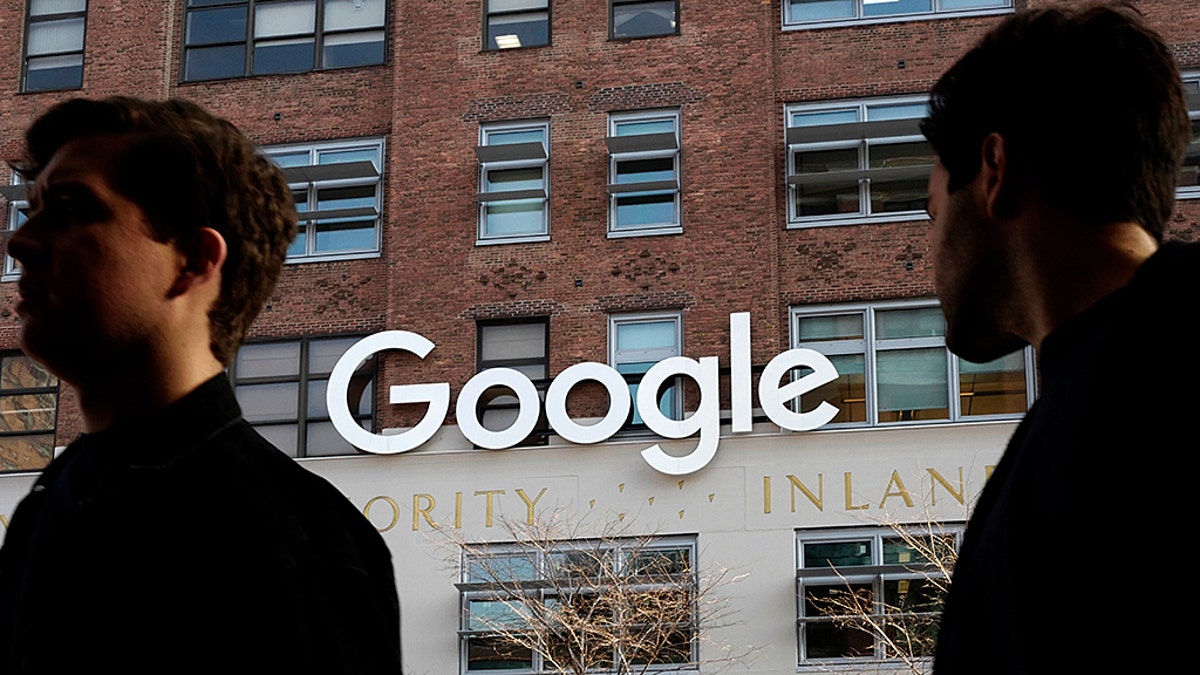
File photo - Google is launching a new search tool specifically to help service members get civilian jobs. (Copyright 2017 The Associated Press. All rights reserved.)
Google is facing pressure from five US lawmakers to drop a partnership with China's Huawei Technologies over claims the collaboration poses a national security threat.
On Wednesday, the lawmakers sent a letter to company CEO Sundar Pichai about its "strategic partnership" with Huawei, an apparent reference to a Google agreement to roll out a next-generation SMS technology called RCS with the Chinese firm.
"Chinese telecommunications companies, such as Huawei, have extensive ties with the Chinese Communist Party," the letter says. "As a result, this partnership between Google and Huawei could pose a serious risk to U.S. national security and American consumers."
Wednesday's letter was signed by senators Tom Cotton (R-Arkansas), Marco Rubio (R-Florida), and representatives Mike Conway (R-Texas), Liz Cheney (R-Wyoming), and Dutch Ruppersberger (D-Maryland).
More From PCmag
In January, Huawei announced its partnership with Google to integrate Android Messages and RCS messaging on Huawei products including smartphones. In addition, Huawei and Google were going to collaborate on speeding up RCS adoption for wireless carriers across the world.
However, US officials are worried about the Chinese company's growing reach. A key concern is that the Chinese government can secretly compel Huawei to help it spy on Americans. In 2012, a Congressional committee declared Huawei a security threat, even as no direct evidence of cyberespionage was ever presented; lawmakers concluded that the danger was more about the potential for spying and sabotage.
In recent months, US resistance to Huawei has been ramping up. In January, government officials reportedly pressured both AT&T and Verizon to cancel plans to sell a phone from the Chinese company. In March, the FCC also proposed a measure to discourage US wireless carriers from adopting Huawei's networking technology.
Wednesday's letter to Google urges the tech giant to reconsider its partnership with Huawei. How far the lawmakers want the tech giant to go in severing that relationship wasn't totally clear. But in their letter, the lawmakers also note that Google recently decided to end its involvement on a Pentagon AI project.
"While we regret that Google did not want to continue a long and fruitful tradition of collaboration between the military and technology companies, we are even more disappointed that Google apparently is more willing to support the Chinese Communist Party than the U.S. military," the letter adds.
Google told PCMag it plans on addressing the lawmakers questions about Huawei. "Like many US companies, we have agreements with dozens of OEMs around the world, including Huawei," the company added. "We do not provide special access to Google user data as part of these agreements, and our agreements include privacy and security protections for user data."
So far, Huawei hasn't commented on the letter. However, the company has repeatedly denied the spying accusations.
This article originally appeared on PCMag.com.
